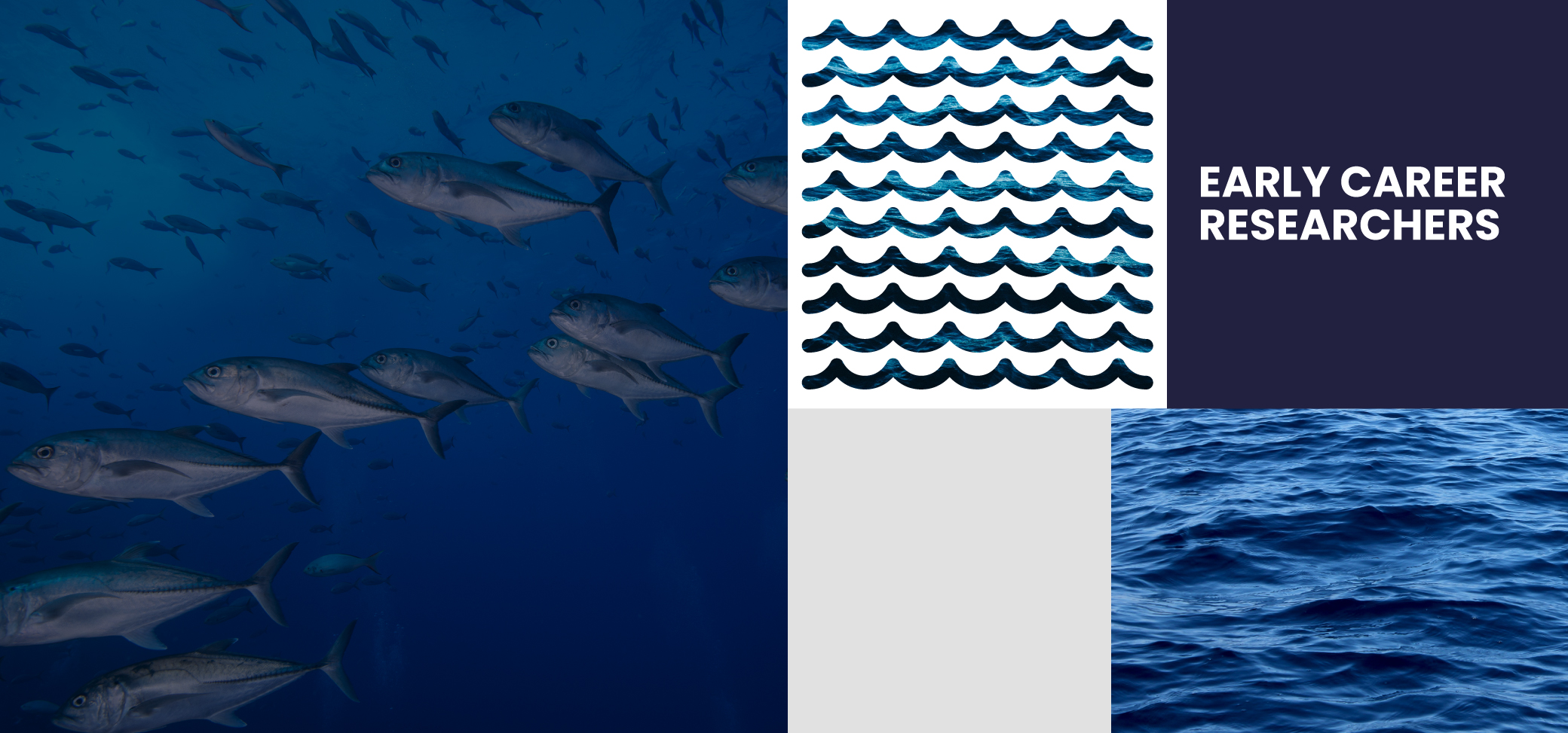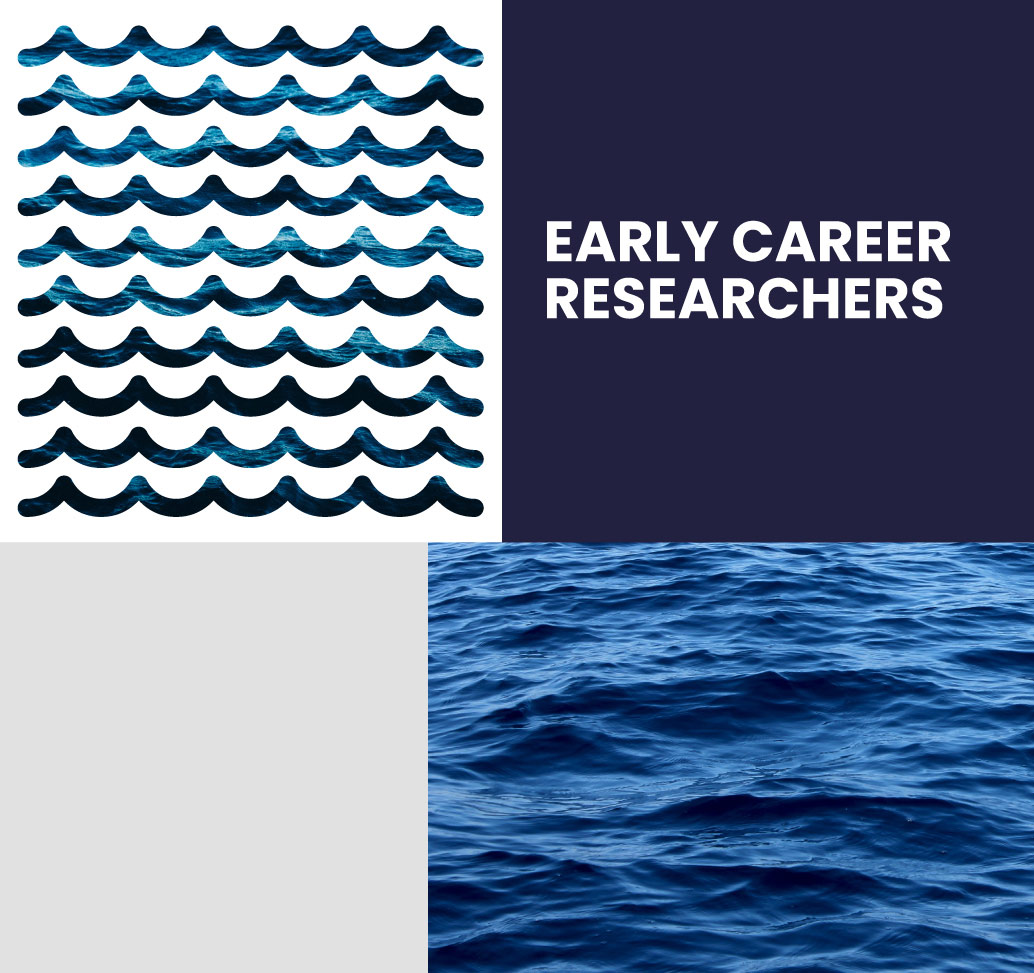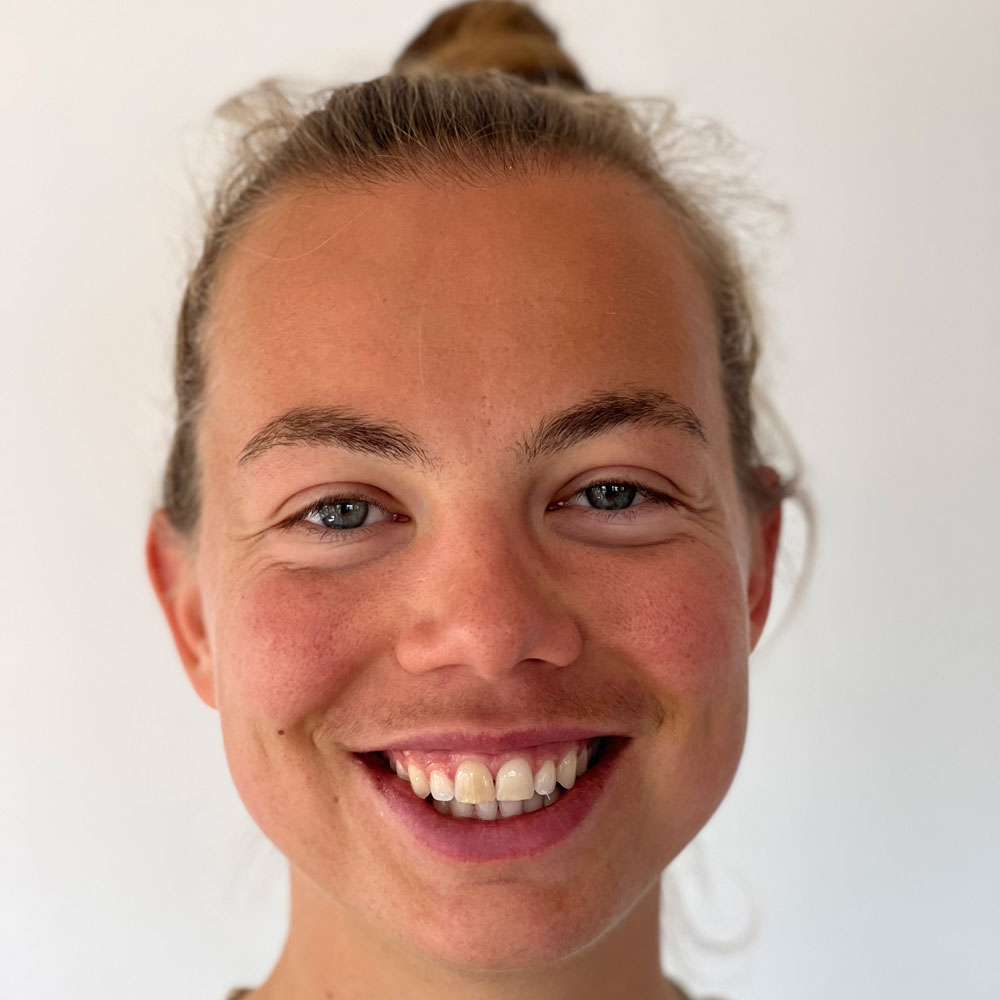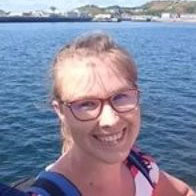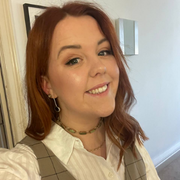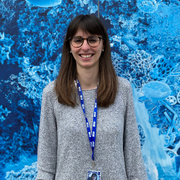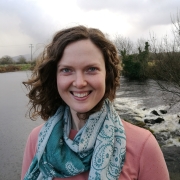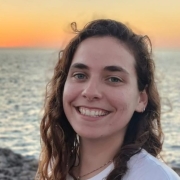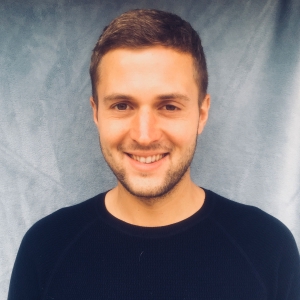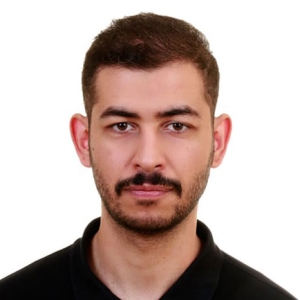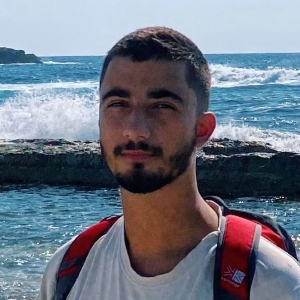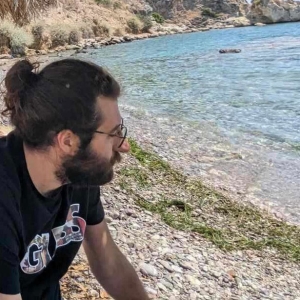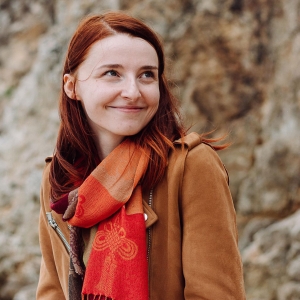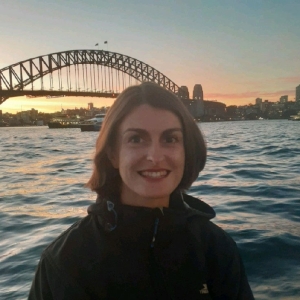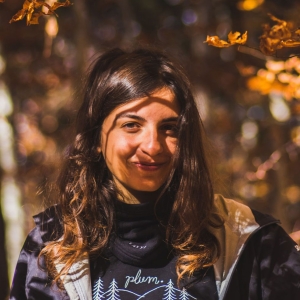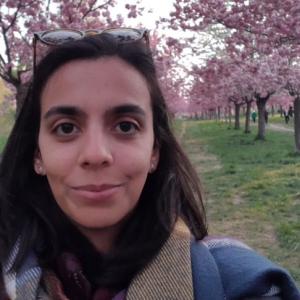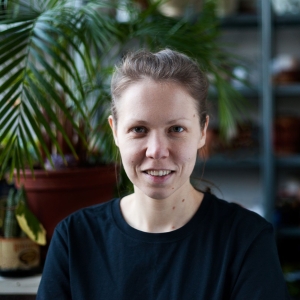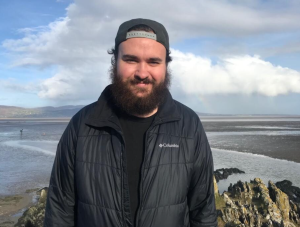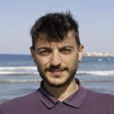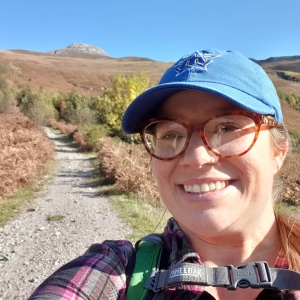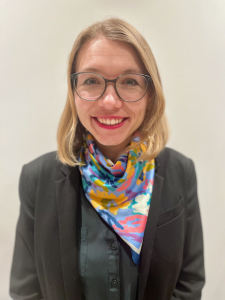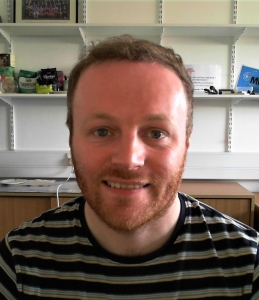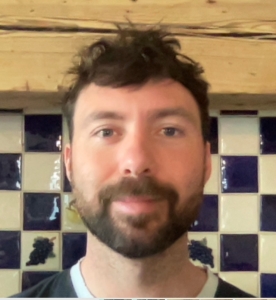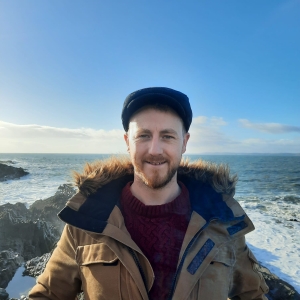Institutions and roles:
Researcher – Interdisciplinary Centre of Marine and Environmental Research (CIIMAR)
Description:
My primary roles are: stakeholder engagement, network expansion, ECR capacity building, outreach and communication activities. I mainly work in the science-policy-society interface forming networks and Working Groups, organising webinars, and conducting Citizen Science and public outreach events. Within both pollution-focused projects, I am involved in field-campaigns to assess the ecological status of rivers and coastal areas, and assess the sustainability of technologies implemented to reduce pollution.
The projects I am employed under are not specifically focused on Ecosystem-Based-Management, however, my role in them does apply to this consortium in terms of network and capacity building, knowledge sharing, and science-policy. Further, my specific Coastal Biodiversity research group in CIIMAR are involved in Future Mares, Marco-Bolo, ACTNOW, and Marine SABRES.
Link to GES4SEAS:
Currently working on the HE INSPIRE project which has a primary objective to contribute to the drastic reduction of litter, macro and microplastics in European rivers in a holistic approach, by bringing together 20 technologies and actions for the detection, collection, and prevention of plastics and litter.
Also working on the H2020 MAELSTROM project which is bringing together key research centres, enterprises, recycling centres with stakeholders in political and societal realms. This project is working on the design, manufacture and integrate scalable, replicable and automated technologies, co-powered with renewable energy and second-generation fuel, to identify, remove, sort and recycle all types of collected marine litter into valuable raw materials. This project develops the connection between science and policy in the production of policy briefs and position papers and the enhancing of connections between the scientific and stakeholder communities.

